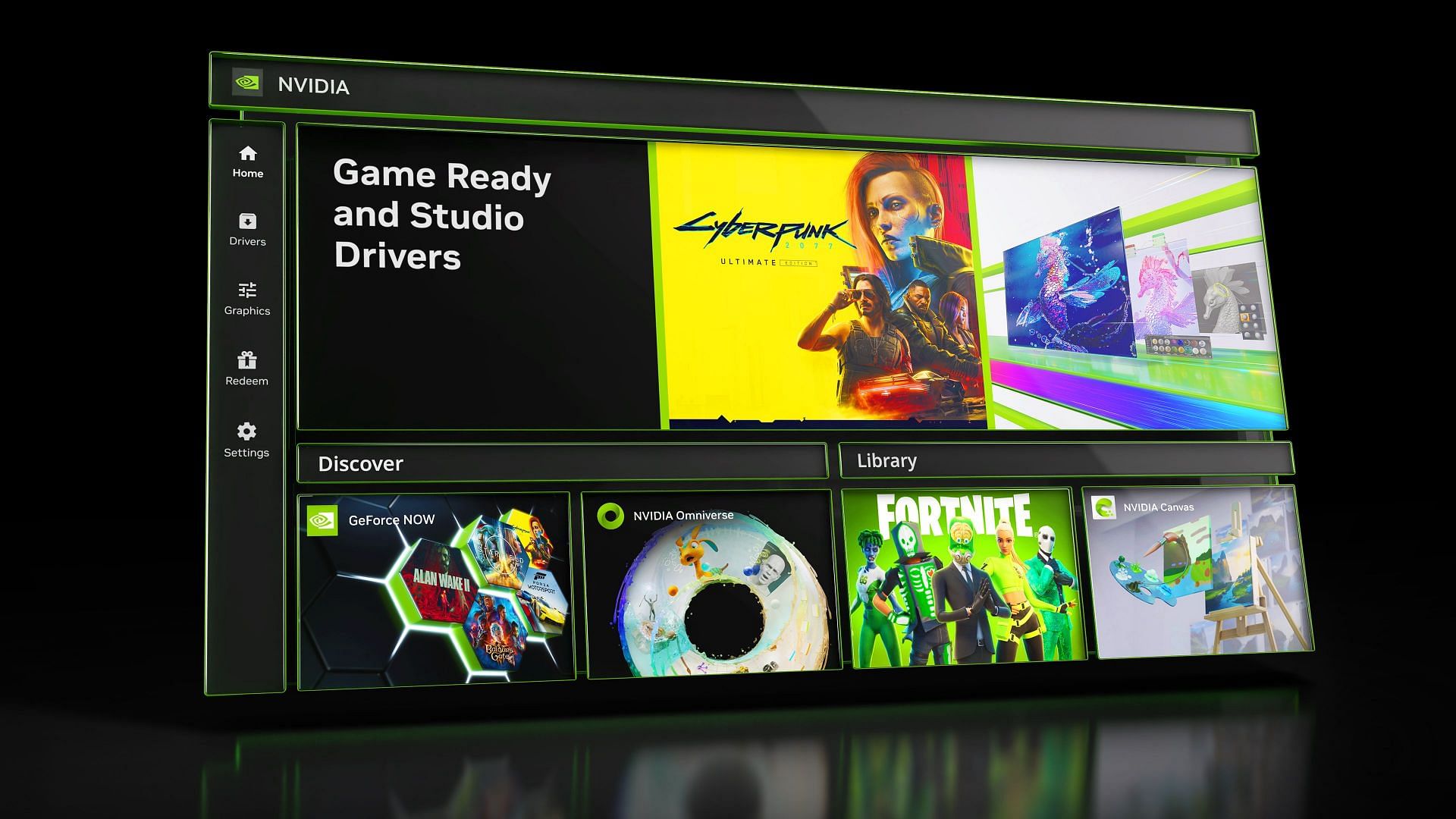
Nvidia Geforce App vs Geforce Experience: How do they compare and should you upgrade?
Nvidia Geforce App is entering a full release on November 12, 2024, making it the official way to interact with your RTX GPU and replacing the decade-old Geforce Experience. The older software lacked enough features and was constantly criticized for its login mandate and almost no hardware fine-tuning options. Instead of periodically updating and fixing it, Team Green has decided to completely scrap the software with a revamped version — a pointer to how big of an update this is.
This comparison article looks at the older Geforce Experience and how it stacks up against the new release. The GPU maker is not completely shelving the software just yet, so we also try to answer whether it's worth upgrading to the Nvidia App.
Why is Nvidia deleting Geforce Experience?
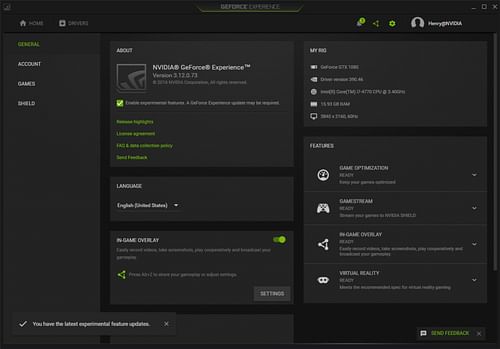
Geforce Experience was originally launched in 2013. Back in the day, it was praised for massively overhauling the UI compared to the Control Panel, which has largely remained unchanged since 2006. However, the newer app also pushed internet-reliant features heavily. You were required to log in to have it up and running. Moreover, the older Control Panel never left. For fine-tuning graphics and hardware options, it remained the one to use.
This set up a two-app paradigm that often caused confusion and frustration among users. Nvidia never updated the UI of the older control settings app either — it still bears a Windows XP-like vibe, making it unsuitable for the way to control the primary products of the world's most valuable company.
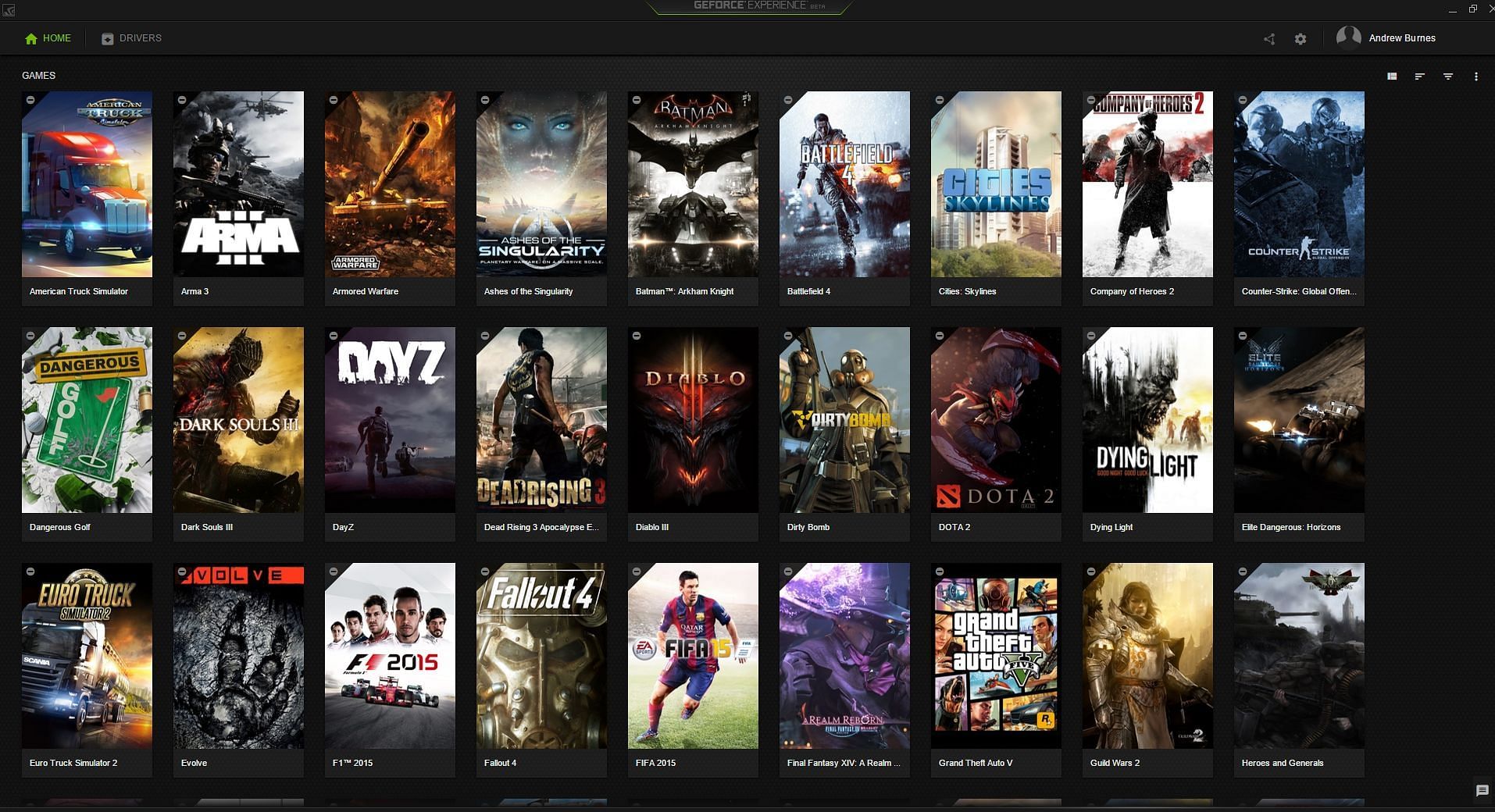
Another factor is competition: in 2020, AMD released its Radeon Adrenaline software, which completely revamped how GPU control software looks and feels. The modern app had options to record your screen, control GPU hardware and graphics settings, customize power draw and graphics options like sharpening. Geforce Experience was nowhere close to it.
While it was possible to periodically update Geforce Experience and bring it up to the standards that Radeon Adrenaline came to be known for, it wouldn't have been the best marketing move. Hence, the company is completely scrapping the software and moving to the brand new Nvidia Geforce App.
Nvidia Geforce App vs Geforce Experience: Full comparison
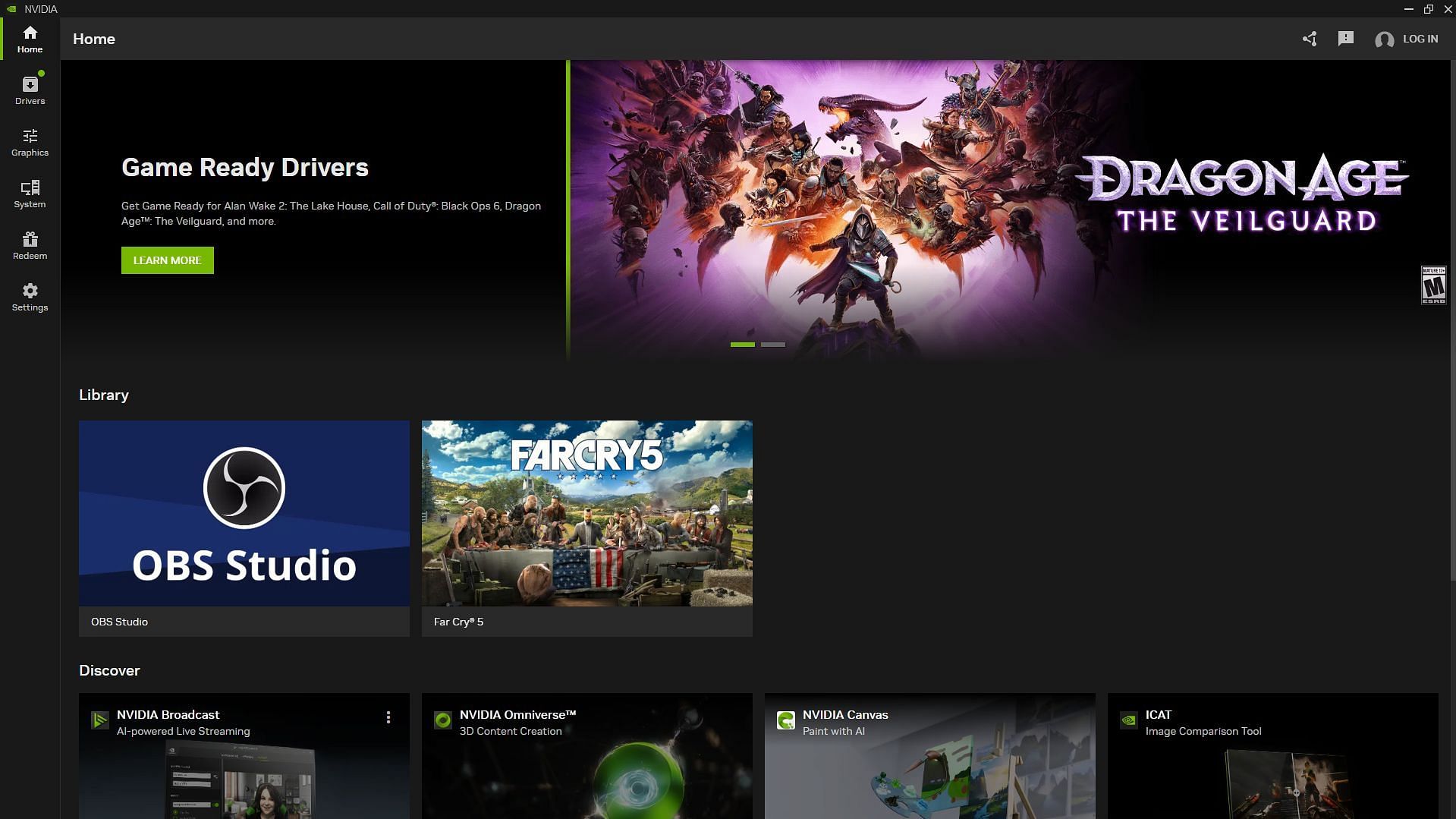
The new Nvidia Geforce App has a landing page with three tabs: one with the latest news, one with the games in your library, and a final "Discover" section with all the latest news and technologies from Team Green.
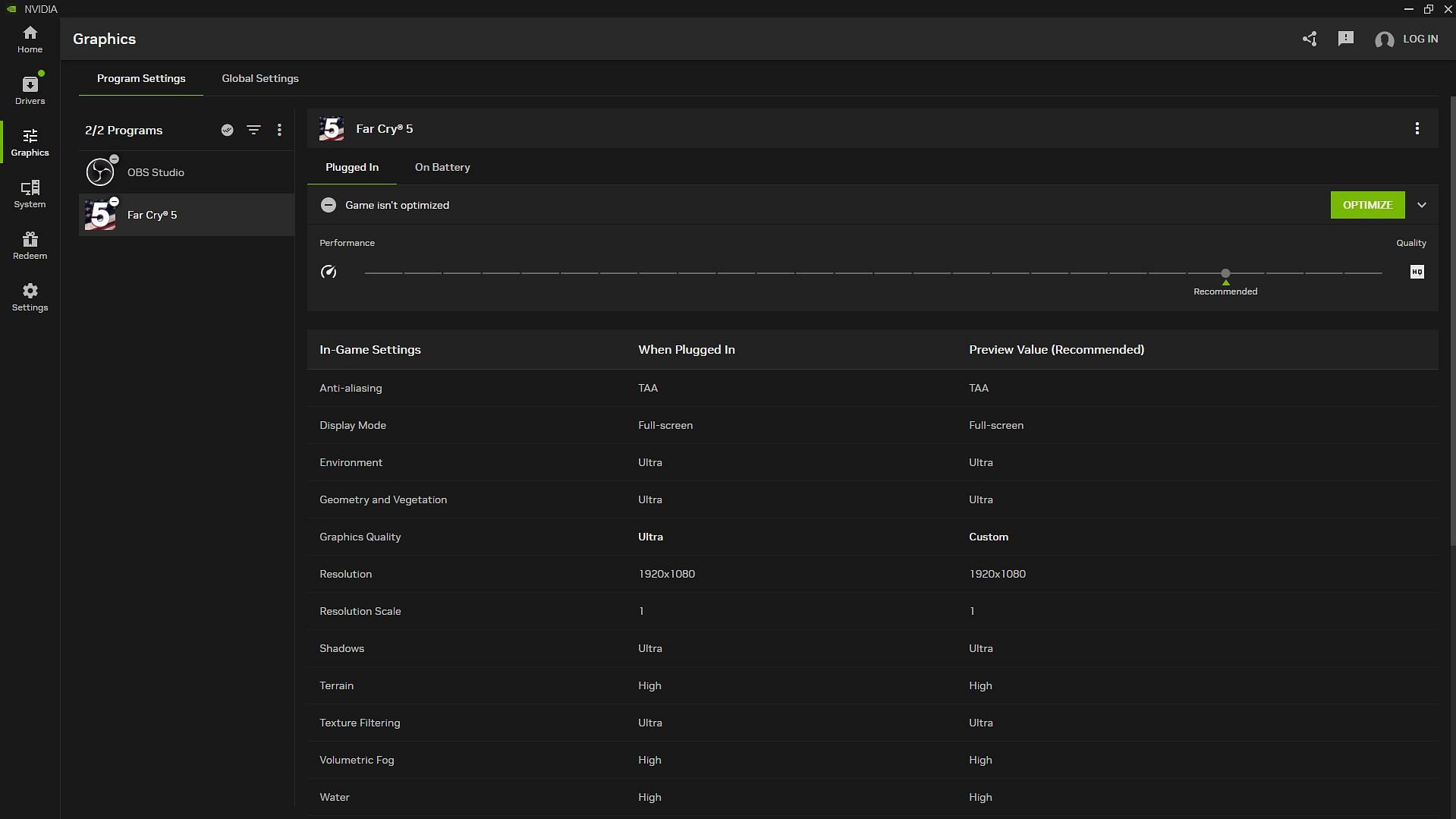
The two tabs in the older app have now been expanded to five: Home, Drivers, Graphics, System, Redeem, and Settings. The added features make it simpler for users to find their way around the app, and customize the settings quickly. Nvidia claims the new app is up to 50% faster than Geforce Experience.
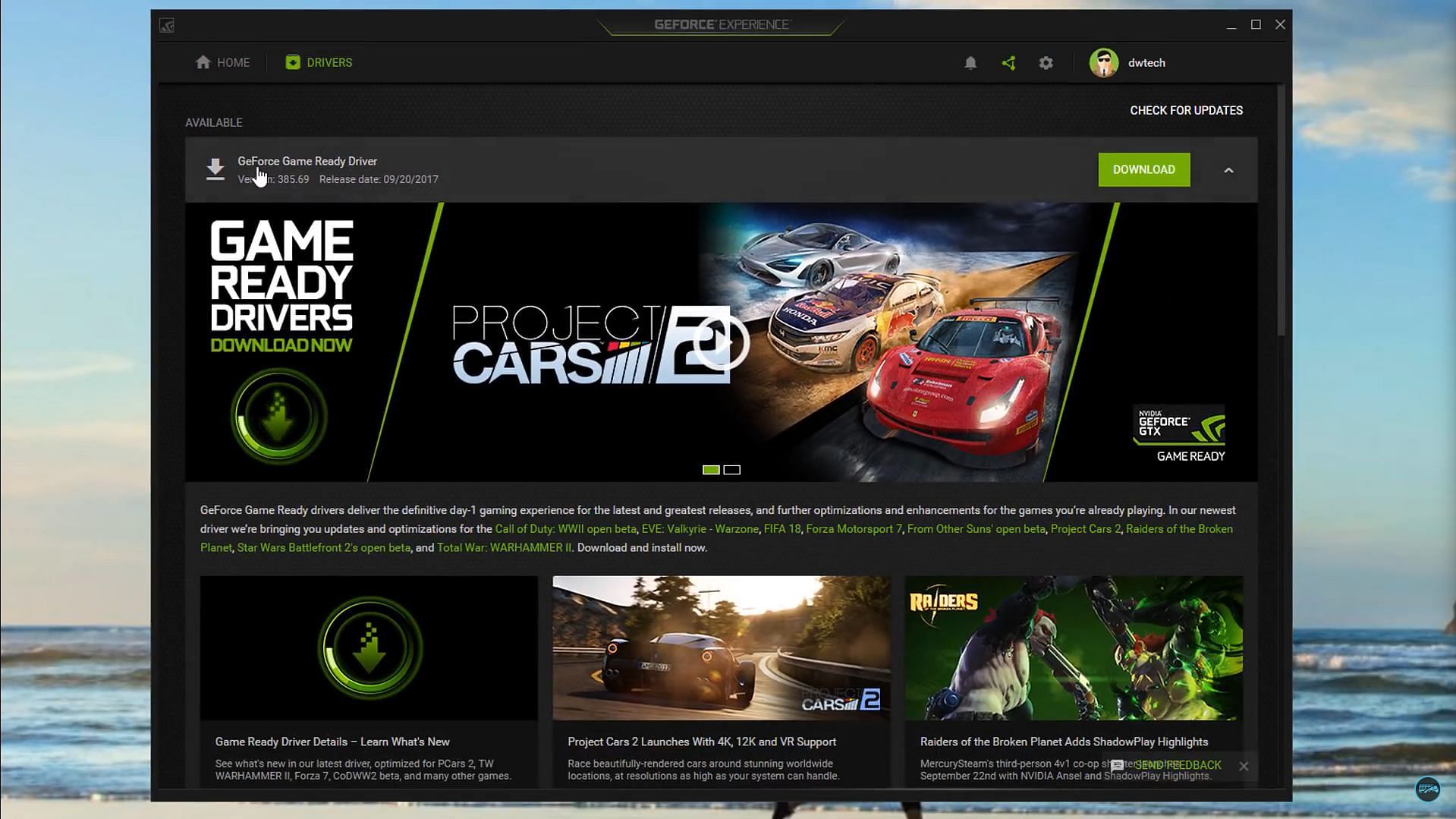
The older drivers page was criticized for its janky interface that could overwhelm users with information. It has been replaced with a new streamlined page that makes it much easier to get information about the changes with the latest version and the new supported games.
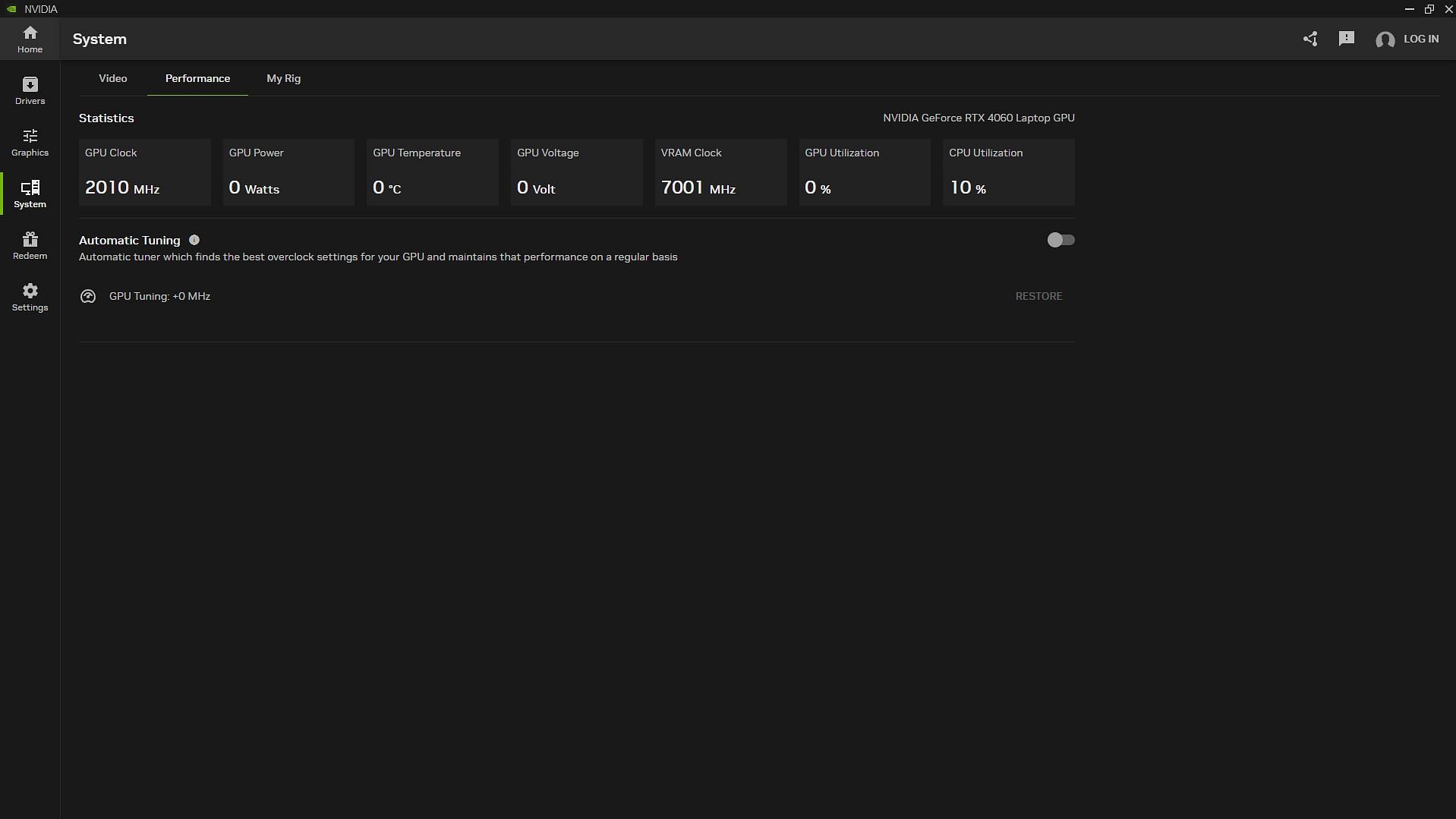
A brand new system monitoring and GPU tuning section has been added to the app, which consolidates the features of the Control Panel and Geforce Experience. This makes it a one-stop solution for everything related to your RTX GPU.
Here's an overview of all the differences between the two software:
Should you upgrade to Nvidia Geforce App from Geforce Experience?
The new Geforce App has been upgraded in almost every major way. It is a visual as well as functional overhaul. So, yes, you should consider upgrading. The App also comes with rewards such as free Game Pass, Call of Duty skins, and others from time to time, making it an even better option.
Moreover, you won't have much of a choice within a few months since Nvidia plans to scrap Geforce Experience altogether. So, it's better to jump ship right now.